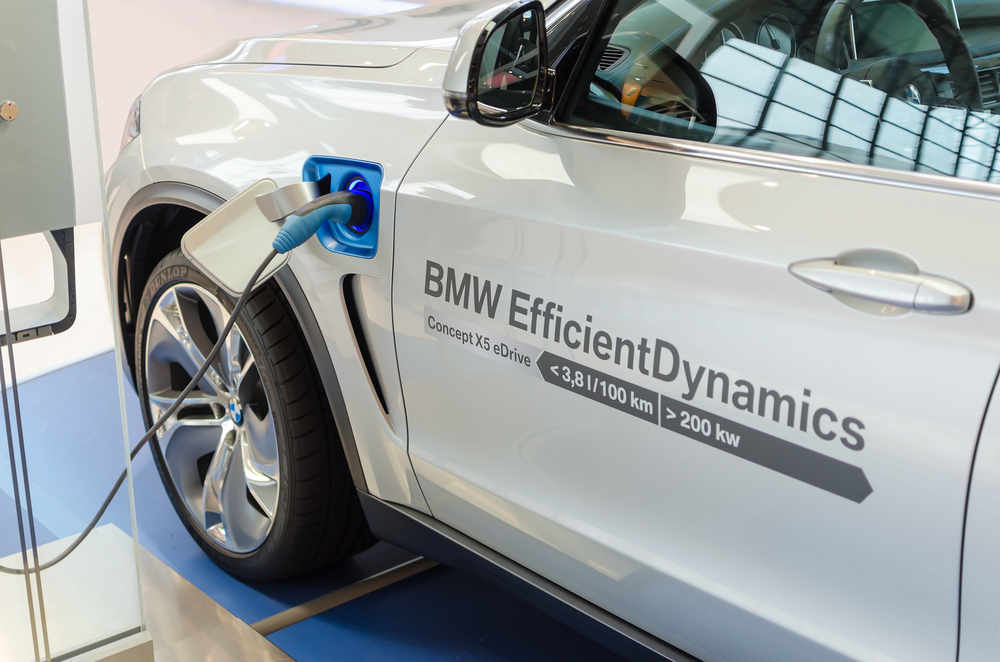$9 billion battery project with BMW, BASF gets EU green light

The European Union’s plan to kick-start battery production and compete with Asian suppliers got a boost from the approval of 3.2 billion euros ($3.5 billion) in state aid for a landmark project that spans across seven nations.
The funds will unlock private investment of around 5 billion euros in the initiative by 17 companies, taking its total value to about $9 billion. It will include industrial and automotive giants such as BASF SE, BMW AG and Fortum Oyj, in order to support the development of innovative and sustainable technologies in lithium-ion batteries from mining and processing the raw materials to production and recycling.
“The window of opportunity for the European battery industry is open until 2021-2022”
Maros Sefcovic, European Commission Vice President
“This is a very important step, even a breakthrough, in what I believe should be the new EU industrial policy,” European Commission Vice President Maros Sefcovic said on Monday in Brussels. “We should really focus on the area that is very important for this technological competition, which is becoming more and more severe.”
The move by Brussels underscores growing European awareness that key industries risk falling behind if they don’t fill manufacturing gaps in energy storage technology. Lithium-ion batteries are poised to power the next generation of plug-in cars. They also promise to help balance electric grids transmitting renewable energy like wind and solar.
Under the battery project, which aims to be completed by 2031, member states were cleared to grant the following amounts of state aid:
- Germany up to around 1.25 billion euros
- France up to 960 million euros
- Italy up to 570 million euros
- Poland up to 240 million euros
- Belgium up to 80 million euros
- Sweden up to 50 million euros
- Finland up to 30 million euros
Clean mobility is set to play an important role in the EU plan to become the first climate-neutral continent by 2050. Commission President Ursula von der Leyen is set to present on Wednesday a detailed roadmap of her Green Deal to zero-out emissions.
Another EU battery project, coordinated by Germany, is under way and is likely to seek EU approval for state aid later this month, Sefcovic said. It will probably involve 12-13 member states and around 50 companies.
“The window of opportunity for the European battery industry is open until 2021-2022,” he said. “By then we have to be clearly able to demonstrate that we can manufacture the best batteries in the world on a massive scale, because this is when we expect the ramping up of the production of electric cars and demand in Europe.”
Batteries and electric transmission account for about 40% of passenger cars’ costs and the gap in nascent European production is largely being filled by Japanese and South Korean battery makers like Panasonic, LG Chem Ltd. and Samsung SDI Co. In the U.S., Tesla has built its own battery Gigafactory to satisfy demand for the cars it produces.
(By Ewa Krukowska, with assistance from Aoife White)
{{ commodity.name }}
{{ post.title }}
{{ post.date }}




Comments